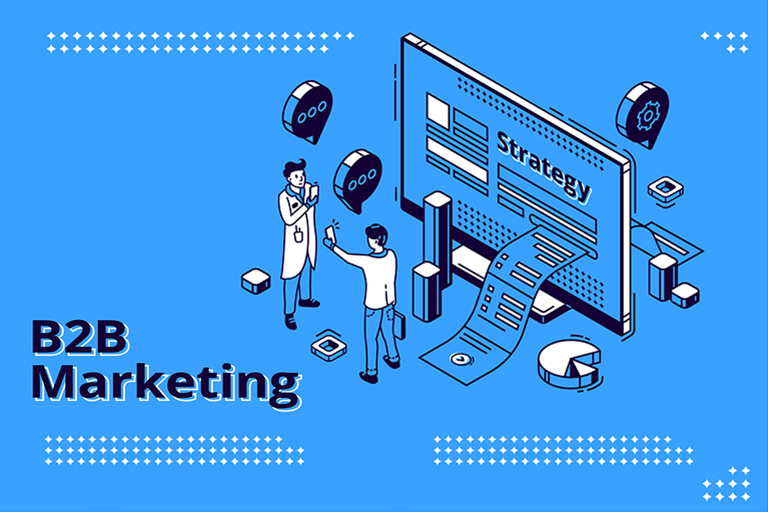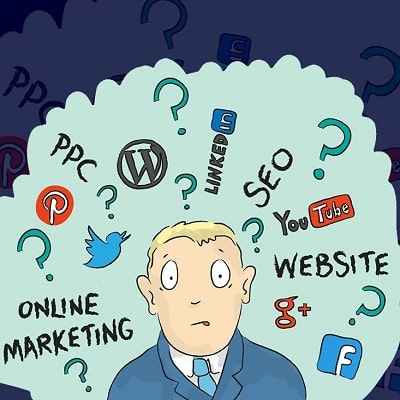
Mastering the Maze: Effective B2B Marketing in the Digital Age
In today’s rapidly evolving digital landscape, B2B marketing strategies are undergoing a transformation. The era of cold calls and unsolicited emails is giving way to a more nuanced, data-driven approach that values quality over quantity. Let’s delve into the dynamic world of B2B marketing and explore the strategies that can set your business apart.
The Digital Shift: B2B Marketing’s New Norm
The advent of the internet has transformed the B2B marketing sphere. Digital platforms offer unprecedented opportunities to reach potential clients and establish thought leadership in your industry. Unlike traditional methods, digital marketing allows for real-time engagement, targeting, and retargeting of your audience, ensuring that your message reaches the right people at the right time.
Moreover, with the rise of social media, content marketing, and search engine optimization (SEO), businesses can now create and disseminate impactful content that resonates with their target audience, thereby fostering trust and establishing credibility.
Personalization: The Key to Engaging B2B Buyers
The modern B2B buyer expects more than a one-size-fits-all approach. They seek personalized experiences tailored to their unique needs and challenges. By harnessing the power of data analytics, businesses can glean insights into their prospects’ behaviors and preferences, allowing them to craft bespoke marketing campaigns.
Furthermore, with account-based marketing (ABM), companies can identify high-value prospects and design personalized campaigns to engage them. ABM’s laser-focused approach ensures optimal resource allocation and a higher return on investment.
Thought Leadership: Beyond Selling a Product
In the B2B domain, decision-makers are often looking for more than just a product or service; they’re seeking solutions to complex challenges. By establishing thought leadership, businesses can position themselves as industry experts, offering insights and solutions that address these challenges.
Webinars, whitepapers, and industry-specific content are instrumental in this regard. They not only showcase a company’s expertise but also provide tangible value to prospects, nurturing them through the buyer’s journey.
Moreover, collaboration with industry influencers can amplify your message, giving your brand the endorsement it needs to stand out in a saturated market.

Integrating Technology: Automation and Beyond
The integration of technology into B2B marketing strategies is no longer optional; it’s imperative. Marketing automation platforms streamline and optimize campaign management, lead scoring, and nurturing, ensuring that no opportunity slips through the cracks.
Furthermore, technologies like artificial intelligence (AI) and machine learning are revolutionizing the way businesses analyze data, predict trends, and engage with their audience, offering a competitive edge in a rapidly evolving marketplace.
Building Relationships: The Heart of B2B Marketing
At its core, B2B marketing is about building and nurturing relationships. While digital strategies and technologies are vital, the human element remains paramount. After all, behind every business decision is a person with specific needs, challenges, and aspirations.
Engaging with prospects on a personal level, understanding their pain points, and offering genuine solutions can foster long-term partnerships. Remember, in the world of B2B, trust and credibility are your most valuable assets.






